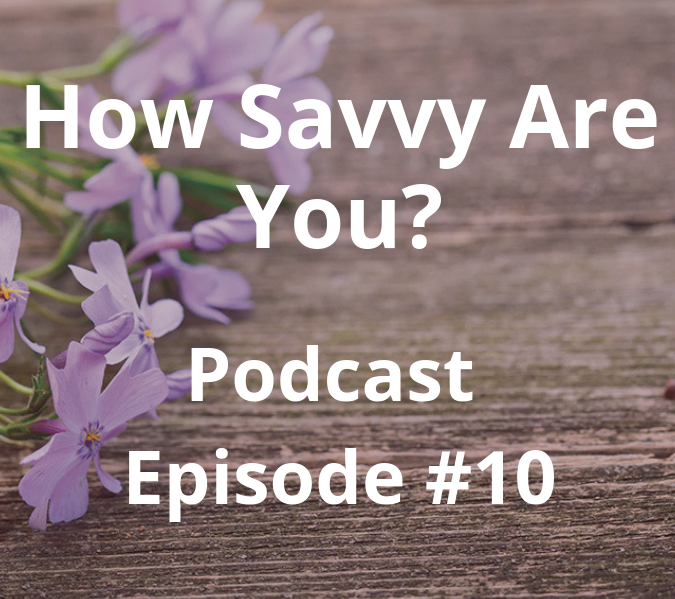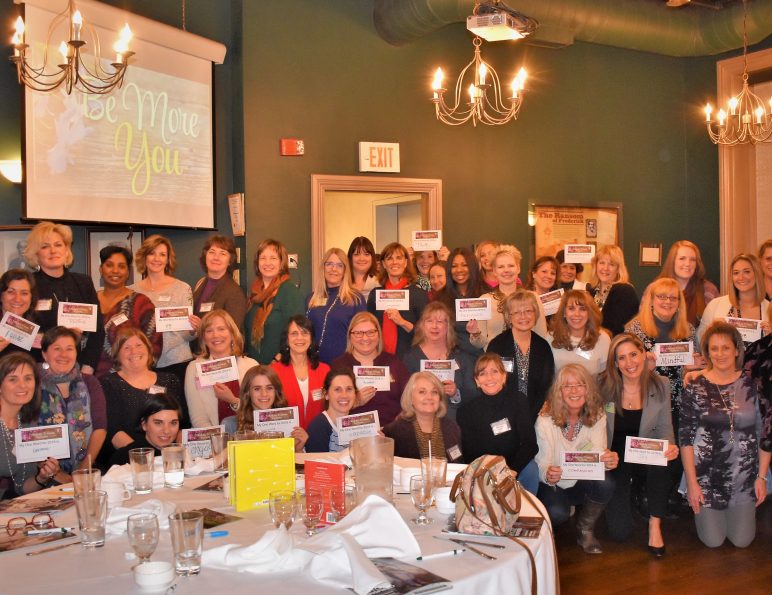
Packing List for Life’s Journey
Packing List for Life’s Journey
Every seasoned traveler knows that packing appropriately can make a big difference to your experience. If you forget to pack your gloves on your ski trip, you are either going to need to buy some or you are going to be pretty miserable.
This got me thinking about a packing list for life’s journey. This packing list is modeled after the 10 guideposts to wholehearted living found in the book The Gifts of Imperfection by Dr. Brené Brown. I hope you find it as helpful as I have 🙂
- Bring authenticity – Be truly yourself, practice being vulnerable. Let yourself really be seen. Leave behind the masks and armor you have accumulated over the years. They will just weigh your life down.
- Bring compassion, both for yourself and those you encounter on your journey, leave behind perfectionism…there is no such thing as a perfect life, only perfectly imperfect ones.
- Bring a resilient spirit…when you find yourself in an unexpected rain storm, believe that you have what it takes to make it through. Seek the shelter of help if needed. Leave behind numbing and powerlessness as those behaviors and thoughts can leave you feeling lost and hopeless.
- Bring gratitude and joy…look for the good in life. Speak words of appreciation to yourself and others on a daily basis. Leave behind scarcity and fear of the dark…you are worthy of love and belonging. You are enough. Remember that!
- Bring intuition and faith, leave behind the need for certainty…You are never going to be able to predict all the unexpected surprises that you will undoubtedly encounter along the way. Trust that divine intervention is with you always, guiding you even when you don’t realize it.
- Bring creativity – the life you design together will be uniquely yours. Leave behind comparison…Instead of comparing your life to others’, ask the question, “Is this working for me?” If the answer is yes…great. If the answer is no…be creative and try something different.
- Bring along play and rest while leaving behind exhaustion as a status symbol and productivity as self-worth …Do things that rejuvenate you and refills your tank. When you are tired, rest. Remember, it doesn’t matter how fast you go. Enjoy the moments and go at your own pace.
- Bring calm and stillness, leave behind anxiety as a lifestyle…some of the most memorable experiences will be those born out of not having an agenda. They will come in the quiet stillness of just looking up at the stars. Anxiety will undoubtedly show up at different times during your journey, learn from it and move on, but please don’t pack it.
- Bring meaningful work…something that leaves you feeling accomplished and feeling like your life has purpose. This may or may not be what we do for employment. Do not pack self-doubt and “supposed to’s”…practice trusting yourself and learning to say no to things that are not moving you toward your best self and your best life.
- Bring laughter, song and dance, and leave behind being cool and always in control. Please pack your sense of humor and a willingness to be silly and not take yourself too seriously while leaving behind a need to always be right.
This packing list is something I need to revisit on a regular basis. I hope you find it as useful as I have as you navigate your way through life. Is there anything else that you think is important to pack or to leave home? I’d love to read what you have to say!
Today’s author: Laura Hall, CPC, CDWF: As a certified professional coach since 2009, Laura Hall, Certified Daring Way™ Facilitator has been helping people just like you make changes in. As a mother of 2 girls, Laura has a special interest in coaching parents, so if you still have children living at home, ask Laura about her Wholehearted Parenting programs. Laura can be reached via email at laurahallcoach@me.com or feel free to visit her website HallCoaching.com






 Miracle Mornings are an opportunity to start the day anew – a new day, a new page, and a new you, and you get to set the tone. And since that kind of energy is contagious, you will be spreading goodness into the world too. What a Wonderful World that would be.
Miracle Mornings are an opportunity to start the day anew – a new day, a new page, and a new you, and you get to set the tone. And since that kind of energy is contagious, you will be spreading goodness into the world too. What a Wonderful World that would be. 





